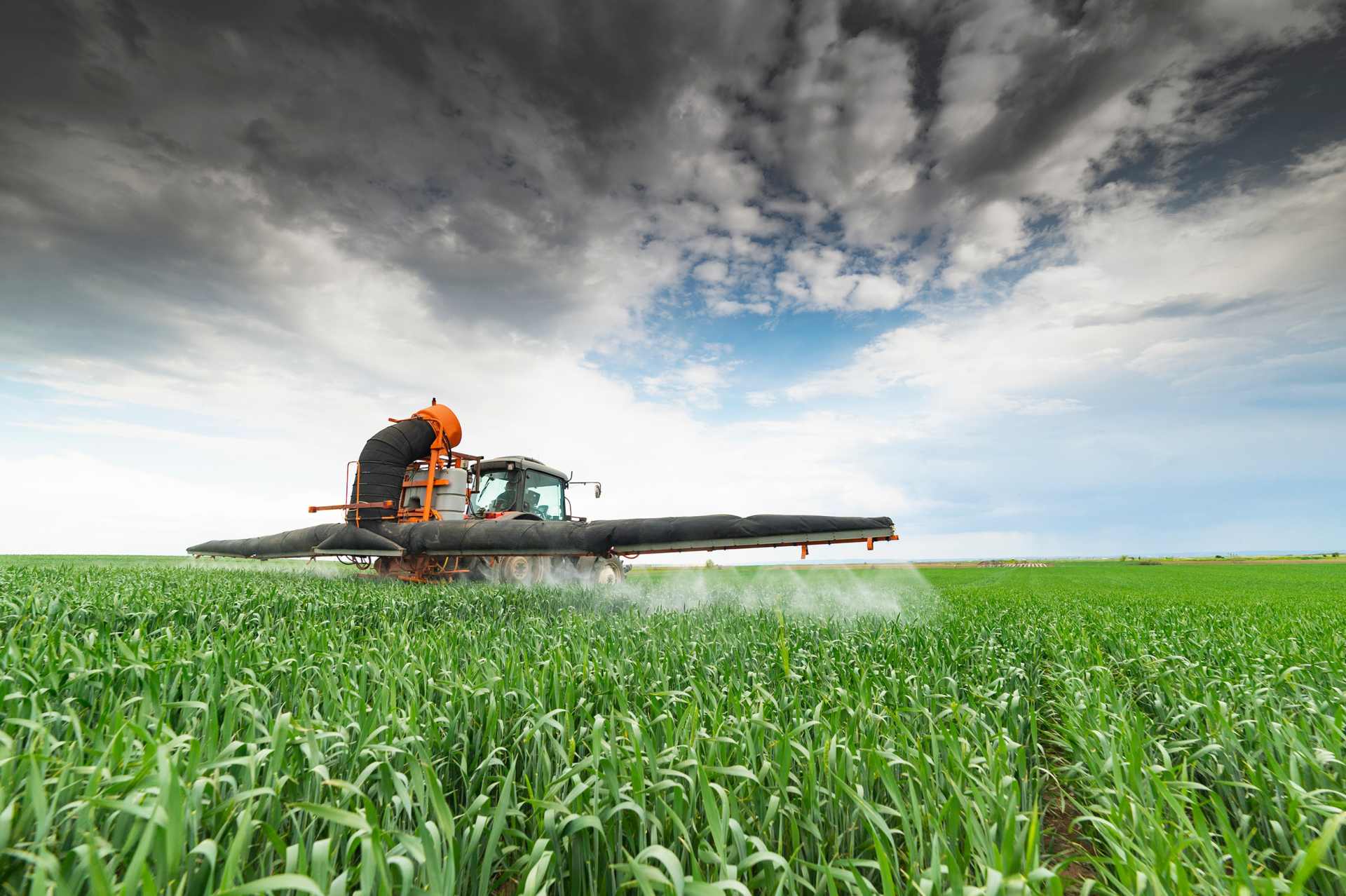Despite growing international concern, New Zealand remains behind in reassessing glyphosate’s safety.
While many countries are revisiting their regulatory frameworks around this widely used herbicide, New Zealand continues to follow outdated standards. Dr. Jodie Bruning, a researcher and advocate with Physicians & Scientists for Global Responsibility New Zealand (PSGRNZ), recently presented her perspective on the health and environmental risks posed by glyphosate. Her insights raise critical questions about whether New Zealand’s current approach is truly protecting public health.
Video: Are herbicide (glyphosate) sprays in urban environments safe?
Before we delve into the details, take a moment to watch this insightful video featuring Dr. Jodie Bruning (May 28, 2023), where she discusses the critical health and environmental concerns surrounding glyphosate use in New Zealand. This presentation sets the stage for understanding why a reassessment of glyphosate safety is long overdue.
Now that you’ve watched the video, let’s explore the key issues raised by Dr. Bruning and why they matter for New Zealand.
Who is Dr. Jodie Bruning?
Dr. Jodie Bruning is an established researcher with a focus on public health and environmental safety. As part of PSGRNZ, she has been actively advocating for more rigorous risk assessments of glyphosate, particularly in New Zealand where regulations remain relatively lenient compared to Europe. Her presentations often emphasize the need for precaution, drawing on emerging scientific evidence that questions glyphosate’s long-term safety.
Key Issues Raised by Dr. Bruning
Lack of Recent Risk Assessment
According to Dr. Bruning, glyphosate has not undergone a comprehensive risk review in New Zealand for over three decades. In contrast, the European Union has taken a more precautionary approach by regularly updating risk assessments based on the latest scientific evidence. This discrepancy raises concerns that New Zealand’s regulatory standards may be outdated and not reflective of current knowledge.
Potential Health Impacts
Dr. Bruning highlights that glyphosate is increasingly being scrutinized as a potential endocrine disruptor. Some studies suggest that exposure may negatively affect the human gut microbiota, potentially leading to immune system imbalances. While regulatory bodies like the EPA have previously deemed glyphosate safe when used correctly, emerging research suggests the need for a more cautious approach, especially given the prevalence of glyphosate residues in some food products.
Environmental Consequences
One of the most alarming aspects raised by Dr. Bruning is glyphosate’s potential impact on soil health and biodiversity. Studies have shown that glyphosate use can lead to reduced soil microbial diversity, which may negatively affect plant health and soil resilience. Additionally, there are growing concerns about its impact on pollinators, such as honeybees, which are crucial for agricultural productivity.
Why Are New Zealand’s Regulations So Lax?
New Zealand’s reliance on glyphosate for agricultural efficiency could partly explain why the country has been slower to reassess its safety. Economic factors and a lack of public pressure from health agencies also play a role. Yet, as evidence continues to accumulate globally, Dr. Bruning argues that it is irresponsible to continue without re-evaluation.
The Call to Action
Dr. Bruning’s message is clear: New Zealand needs a precautionary approach that prioritizes public health over economic convenience. Community-driven initiatives, such as independent soil testing, could help bring more local data into the conversation. She also calls for greater public engagement, emphasizing that citizens must demand better regulatory practices to ensure long-term safety.
Final Thoughts
Are we willing to wait decades to find out the real impacts of glyphosate, or should we act now based on the precautionary principle? New Zealand has the opportunity to lead by example by implementing more rigorous risk assessments. Waiting for undeniable proof might come at too high a cost.
Note: This article is an independent editorial piece based on public presentations by Dr. Jodie Bruning. It is not written or endorsed by Dr. Bruning herself. The content reflects interpretations and critical reflections inspired by her publicly shared insights
Resources & References
Studies on Glyphosate’s Endocrine-Disrupting Properties
Controversies on Endocrine and Reproductive Effects of Glyphosate and Glyphosate-Based Herbicides
This mini-review discusses the controversies related to the endocrine-disrupting properties of technical-grade glyphosate and glyphosate-based herbicides (GBHs), emphasizing the need for further research to clarify these effects.
Read the full article.
Glyphosate and the Key Characteristics of an Endocrine Disruptor
This study evaluates glyphosate against the key characteristics of endocrine disruptors, providing insights into its potential to interfere with hormonal systems.
Read the full article.
Research on Soil Health and Microbial Diversity Related to Glyphosate Use
Soil Microbial Communities in Diverse Agroecosystems Exposed to Glyphosate
This study examines the effect of glyphosate on soil microbial communities associated with the roots of glyphosate-resistant crops, finding no significant effects on microbial diversity across diverse farming systems.
Read the full article.
The Effects of Glyphosate, Glufosinate, Paraquat, and Paraquat-Diquat on Soil Microbial Activity and Diversity
This research investigates the impact of various herbicides, including glyphosate, on soil microbial activity and the diversity of bacterial, archaeal, and nematode communities.
Read the full article.
Regulatory Updates from the European Union on Glyphosate Safety
Glyphosate – Food Safety – European Commission
The European Commission provides information on the current approval status of glyphosate in the EU, including conditions and restrictions associated with its use.
Read the full article.
EU Renews Glyphosate Approval for Further 10 Years
This article discusses the European Commission’s decision to renew glyphosate approval for another 10 years, highlighting the ongoing debates and considerations.
Read the full article.
This article aims to encourage thoughtful dialogue and a critical examination of New Zealand’s current stance on glyphosate. It is not intended to present definitive conclusions but to raise essential questions that warrant further investigation.
Image Source & Attribution
We’re grateful to the talented photographers and designers whose work enhances our content. The feature image on this page is by vlalukinvesna. You can find more of their work here: https://www.123rf.com/profile_vlalukinvesna.




